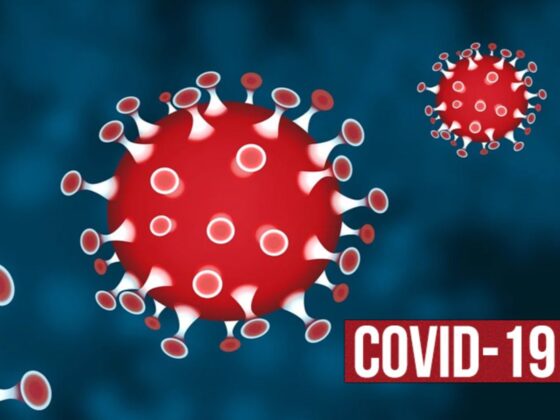NTAGI’s STSC Recommends Shortening Gap Between COVID-19 Vaccine Doses
The Standing Technical Sub-Committee (STSC) of the National Technical Advisory Group on Immunisation (NTAGI) has recently recommended shortening the gap between the second and precaution doses of COVID-19 vaccines. According to official sources, the committee suggests reducing the current gap of nine months to six months. This recommendation comes after a thorough review of scientific evidence and data.
The decision to shorten the gap between vaccine doses is aimed at enhancing the effectiveness of the vaccination campaign. By reducing the interval, individuals will receive their precautionary dose sooner, providing them with an added layer of protection against the virus. This move aligns with the evolving understanding of COVID-19 and the importance of timely immunization.
Health Ministry to Decide on the Recommendation Soon
It is important to note that the final decision on implementing this recommendation lies with the Health Ministry. The ministry will carefully evaluate the proposal put forth by the STSC before making a conclusive determination. This decision holds significant implications for the ongoing vaccination strategy and will be based on various factors, including vaccine availability, distribution logistics, and public health considerations.
The STSC’s recommendation also highlights the need for ongoing research and monitoring. As the COVID-19 situation continues to evolve, it is crucial to assess the effectiveness of vaccine combinations and their impact on booster shots. The committee found a lack of uniformity in the results of mixing different vaccines for booster doses and has refrained from making any recommendations regarding this practice at present.
In addition to discussing the vaccine dosage intervals, the panel of the NTAGI also addressed the threat of monkeypox and the associated vaccination requirements. However, the panel members emphasized the importance of strong surveillance at present, as no cases of monkeypox have been detected in the country so far. This serves as a reminder of the need for robust monitoring systems to prevent the spread of infectious diseases.
The STSC members also reviewed the data related to COVID-19 vaccines for children aged 6-12 years, particularly focusing on Covaxin and Corbevax. After careful consideration, the members concluded that the available data on the burden and mortality of COVID-19 among children is not robust enough to make a decision on initiating vaccination for children under 12 years of age.
Moreover, the committee discussed the administration of an additional third dose for renal transplant patients before the precautionary dose. This consideration reflects the commitment to providing targeted protection for vulnerable populations and ensuring their optimal immune response against COVID-19.
The STSC’s recommendation to reduce the gap between the second and precaution doses of COVID-19 vaccines marks an important step in enhancing the effectiveness of the vaccination campaign. As the Health Ministry reviews this proposal, its decision will shape the future course of the vaccination strategy. It is essential to closely follow these developments to stay informed about the latest guidelines and ensure the well-being of the population.










